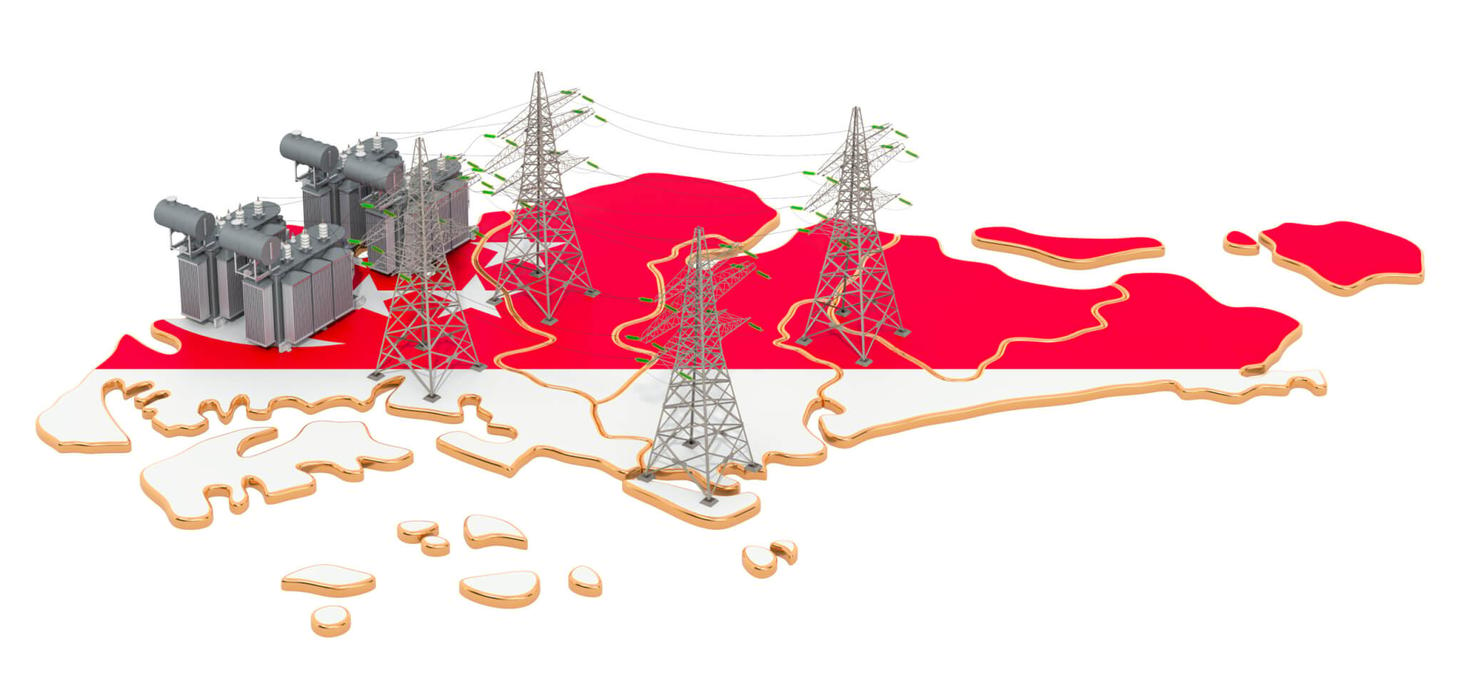


Singapore’s power plants should have the ability to be retrofitted to become 100% hydrogen-ready in future, according to the Energy Market Authority (EMA).
“This will ensure that Singapore’s new power generation units can further reduce their emissions when hydrogen becomes more commercially viable,” it states.
Tier 1 encompasses the entry of lower-carbon intensive generation units, such as more efficient Combined Cycle Gas Turbines (CCGTs) that provide baseload electricity capacity. They need to keep within a 0.355 tCO2e/MWh emission intensity limit, around 10% more carbon-efficient than the existing generation units in Singapore.
Tier 2 units include fast-start Open Cycle Gas Turbines (OCGTs) that are used to meet peak electricity demand, or new gas engines that can help better integrate different low-carbon energy sources. They must keep within an emission (tCO2e) cap each year, to allow the entry of other generation technologies that may be less efficient but necessary to provide energy security and flexibility in the electricity grid.
EMA will consult the industry on the new Code of Practice to enforce the emission standards from 2024.
Over the next decade, new and repowered generation units will be required to enter the system to meet increasing electricity demand and replace outgoing ones as ageing power plants reach their end of life and are gradually retired.
Repowered units are generation units that have undergone significant works to replace their critical components, such as turbines. It is “imperative” that the new and repowered units use the best technology available and are as emissions-efficient as possible to help reduce the power sector’s carbon footprint.
As Singapore continues to rely on natural gas for energy reliability beyond the next decade, emissions standards will future-proof the nation’s power generation fleet and support power generation companies in their decarbonisation journeys, according to the EMA.
The standards will also offer “greater clarity to potential investors” who are looking to invest in new generation capacity in Singapore.
EMA will continue to review and gradually tighten the emission standards over time to ensure the power sector is on track to facilitate the transition to Net Zero emissions by 2050.
City Energy and Gentari have teamed up to explore building a pipeline to import hydrogen from Malaysia to Singapore.
The joint feasibility study agreement will see the pair explore the potential of such project over a 12-month period, building off an agreement signed between the Singaporean town gas producer and provider and Petronas-owned Gentari in April 2023.
Upon conclusion of the study, the companies will decide on whether to execute a front-end engineering design (FEED) agreement.